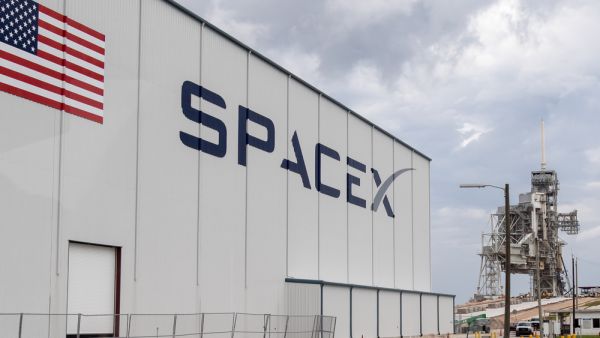Liftoff on a Falcon 9 rocket is planned at 10:22 a.m. EDT from Complex 39A at Kennedy Space Center. SpaceX had called off an attempt Sept. 17 due to weather problems anticipated for recovering the first-stage booster in the Atlantic Ocean.
A 40 percent chance of thick clouds is a concern for the launch, according to a U.S. Space Force forecast issued Sunday.
A successful launch of the 60 satellites would bring the Starlink total in orbit to more than 700.
More Starlink satellites have been launched, but at least 27 of them already deorbited and burned up, according to astronomers.
While the company increases the number of spacecraft in orbit, it also is testing the system with hundreds of users in North America, according to documents SpaceX has filed with the Federal Communications Commission.
The service has "super-low latency and download speeds greater than 100 Mbps" megabits per second, Kate Tice, a senior program reliability engineer at SpaceX, said during a Starlink launch Sept. 3.
Such speeds are considered sufficient for multiplayer gaming, and SpaceX recently described the speed in a tweet as "fast enough to stream multiple HD movies at once and still have bandwidth to spare."
Users testing the system have dish-shaped antennas that look like a "UFO on a stick" according to SpaceX founder and CEO Elon Musk. Initial results of testing are good, Tice said.








